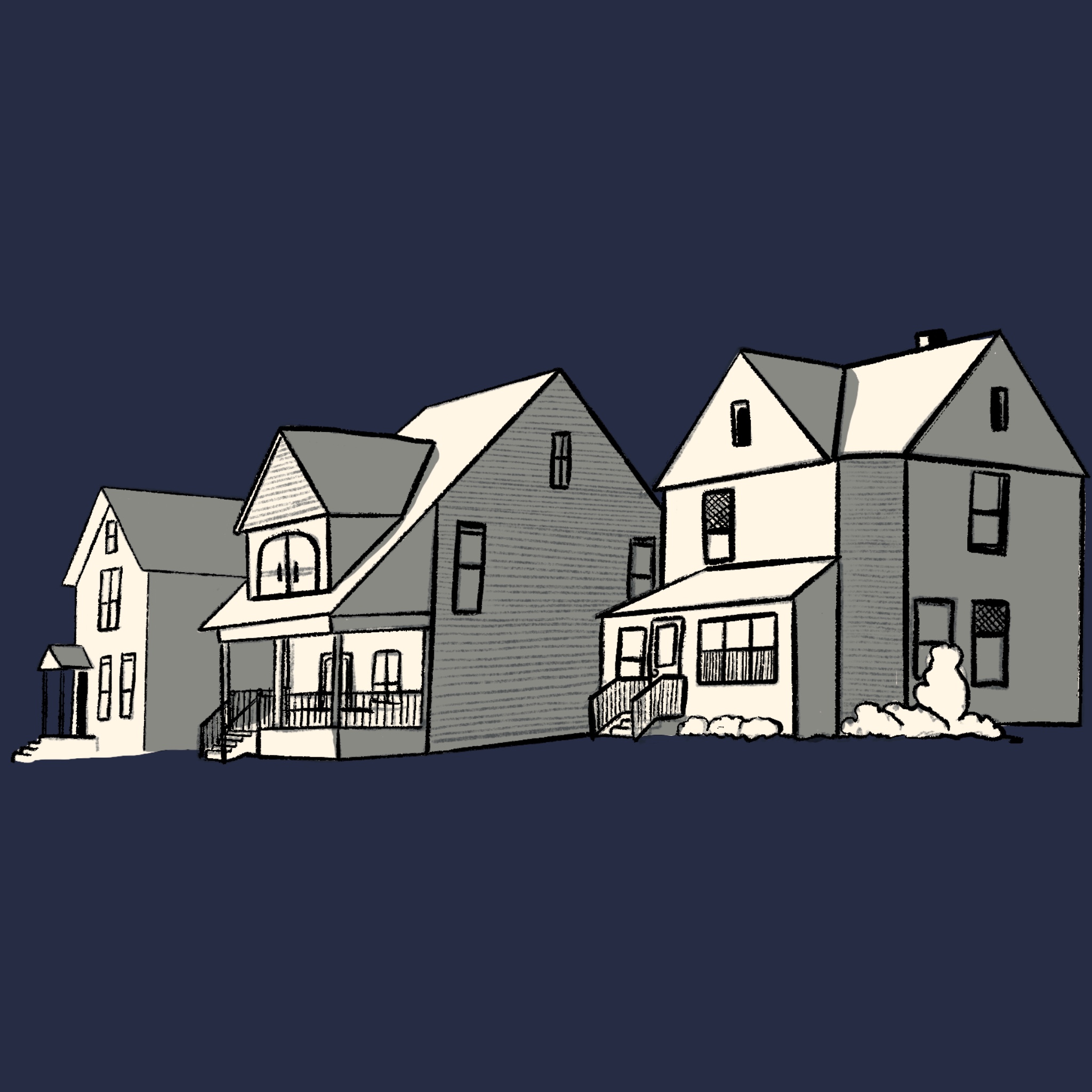A third of Oklahomans have a debt in collection, according to a report the Oklahoma Access to Justice Foundation released in August.
That debt can make it harder to rent or buy a home. And the issue takes up a lot of space on Oklahoma’s civil court dockets, where debt collection is the most common type of case.
“Debt ends up being really stigmatized,” said Katie Dilks, executive director of the Oklahoma Access to Justice Foundation. “People don’t realize how many other people are in the exact same boat they are and how many resources or rights they may have available to them if they only were brave enough to ask.”
Debt collection disproportionally affects people of color and low-income consumers, who usually can’t afford an attorney to represent them in court. For Oklahoma’s debt collection cases from 2018 to 2022, just 3% of defendants were represented in civil court cases, and no defendants had attorneys in small claims courts, a Legal Services Corporation analysis found.
Those who don’t have a lawyer tend to fare worse in court.
“It makes it even more urgent to … make sure people understand the process, what their rights are and feel empowered to engage with (the courts),” Dilks said, “because we have to assume that they will be dealing with it without the help of an attorney.”

How debt can impact housing
Not all debt is bad, and getting ahead financially can be difficult without taking on a bit of debt, said Steven Howland, associate economist in the community development department of the Federal Reserve Bank of Kansas City.
Some debt helps consumers invest in themselves or build wealth, like student, auto or home loans. Survival debt, on the other hand, comes from putting things like rent payments or medical bills on credit cards when those expenses can’t be paid right away. That debt can be challenging to manage if it continues to grow.
“That’s when people get into perpetual debt,” Howland said. “It becomes very difficult to come out of that hole, and that does damage their ability to take on additional credit later.”
Having a poor credit history can make it harder to find housing. Landlords may use credit checks to screen renters, and banks also use credit scores when considering home loan applications.
Dan Straughan, executive director of the Homeless Alliance in Oklahoma City, said that his clients’ most common types of debt are those owed to landlords or utility companies.
“Often, they can’t get into a new rental until they have cleared that debt,” Straughan said. “So for people who were homeless or unstably housed, trying to address those issues can be super complicated.”
When renters owe money to utility companies, they also can’t turn on the service without taking care of the debt first.
[ Read more: How a shortage of foster placement options can lead to more youth arrests ]
The Homeless Alliance can cover those debts with federal grants to house people experiencing homelessness—unless the landlord or utility has sent the debt to a collections agency.
“It’s just one of the quirks of the rules for federal grants, and it can be a real barrier,” Straughan said.
Straughan said when a client’s debt is owed to a public housing authority but is in collections, the Homeless Alliance sometimes asks the housing authority to buy the debt back, and then the nonprofit can pay it.
How plain-language resources and financial counseling can help
Most defendants in debt collection cases can’t afford an attorney, and many don’t appear in court. When that happens, creditors can receive a default judgment, a ruling that allows them to automatically win their case if the defendant doesn’t come to court.
“One of the reasons people don’t engage in this process,” Dilks said, “is because they do not understand how it works, what’s expected of them, what the steps are, what they’re supposed to do, what any potential defenses are—all of this. They just don’t understand it, and the system is really built for it not to be understandable unless you have an attorney.”
Many debt collection, eviction and other types of civil cases end in default judgments. After receiving the ruling in a debt collection case, creditors can garnish the defendant’s wages or seize other assets.
According to the Access to Justice Foundation’s report, 51% of defendants in Oklahoma debt collection cases ended in default judgments.
Defendants don’t appear in court for many reasons, including not being properly notified about the case. But one way to get more people into the courthouse could be providing defendants with plain-language resources that explain the court process, the Access to Justice report suggested.
[ Read more: Emotional support animals spark skepticism from some landlords ]
As an example of how that could work, Dilks cited flyers the Tulsa County District Court sends with eviction summonses. The flyers include information about the court process and resources like legal aid and the Tulsa Landlord Tenant Resource Center.
A similar flyer sent with debt collection cases could help “demystify” the court process, Dilks said.
Financial literacy and ensuring consumers know their rights could also help people avoid predatory lending practices.
Debt is the No. 1 issue consumers seek help with at the Financial Empowerment Center, a service provided by the city of Tulsa and Goodwill Industries of Tulsa. The program provides one-on-one financial counseling and helps clients meet financial goals, including reducing debt.
Janae Bradford, director of the city of Tulsa’s Office of Financial Empowerment, said that 67% of the goals clients are working toward are connected to debt. Another 47% are focused specifically on paying down delinquent debt.
Clients start with a financial health assessment and set goals in the area they want to work on. Financial counselors can coach consumers on how to set up a payment plan with a creditor or even join them on a call with a creditor to offer support.
Program staff can also pull credit reports to show clients their progress over time.
“It’s really nice to be able to see that changeable movement in your credit score and in the trend lines that are on that report,” Bradford said.
Connect with resources mentioned in this story
- Read the Oklahoma Access to Justice Foundation’s report. Learn more about the foundation and how to get involved.
- In Tulsa: Learn more about the Tulsa Financial Empowerment Center and how to schedule a financial counseling appointment.
- In Oklahoma City: Learn more about the Homeless Alliance, how to get help and how to get involved.
Contact Streetlight editor Mollie Bryant at 405-990-0988 or bryant@streetlightnews.org. Follow her reporting by joining our newsletter.
Streetlight is a nonprofit news site based in Oklahoma City. Our mission is to report stories that envision a more equitable world and energize our readers to improve their communities. Donate to support our work here.



